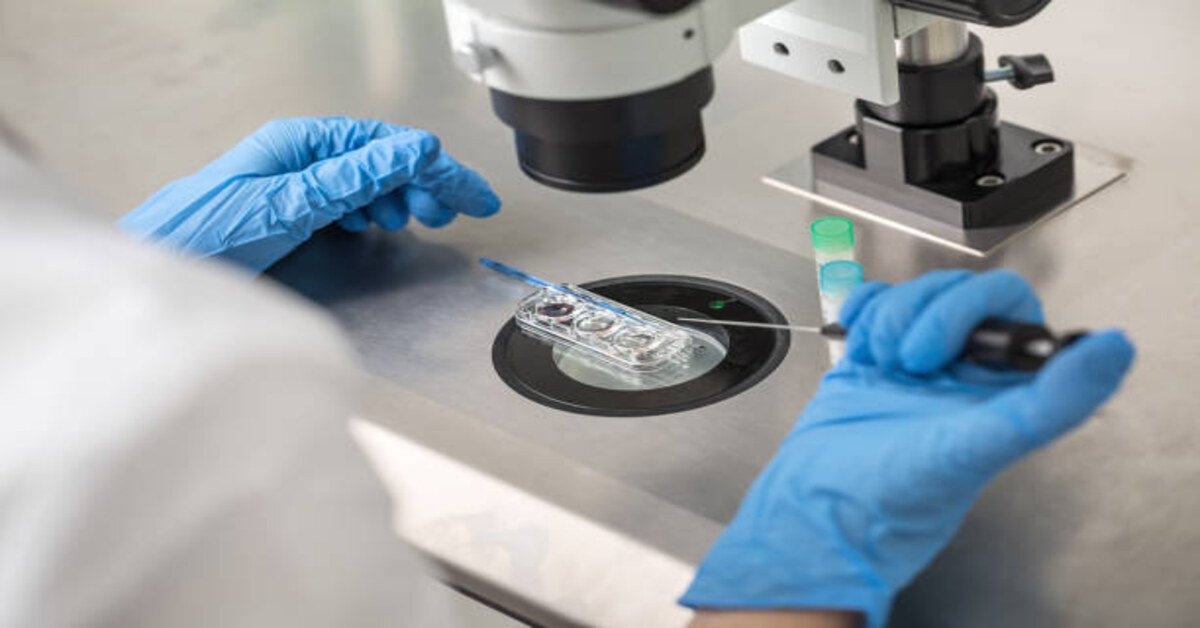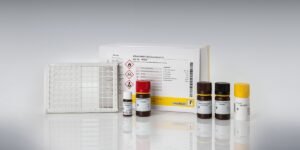You’ve decided to build a family with your partner, but as a same-sex couple, you may be wondering how to get started. In vitro fertilization (IVF) is a fertility option that allows people to conceive a child with the help of assisted reproductive technology. IVF provides a way to conceive a child for those who otherwise cannot, including same-sex couples.
IVF Treatment
IVF provides couples with the ability to share the biological experience of pregnancy with their partner. Reciprocal IVF is when one partner provides the eggs but they are then transferred to the uterus of the other partner.
With reciprocal IVF, one of the parents, through implantation, is able to carry and give birth to the baby. Same-sex male couples can also use reciprocal in vitro fertilization by using donor eggs and a surrogate.
Fertility Factors
Before you decide on IVF options, you and your partner will go for an evaluation by a health reproductive specialist to determine fertility factors. Some couples be too old to produce eggs; They may proceed to use in vitro fertilization with donor eggs. If you have a medical condition like uterine fibroids, you may also opt for IVF using your healthy partner’s eggs.
Ovarian Stimulation
Your fertility doctor may prescribe medication to stimulate the ovaries of one partner to produce multiple eggs. The other partner, who is undergoing egg retrieval, might be required to take hormone therapy to help prepare the uterus for implantation. A doctor may affirm how your body responds well to the medication.
Egg Retrieval
In this stage, you and your partner schedule a visit to the clinic for egg retrieval. Your fertility doctor may check both of you to determine your readiness for egg retrieval. The specialist may prescribe medication to trigger the release of eggs from the ovaries. They may also use sedation during the retrieval procedure to obtain multiple eggs.
Fertilization
After egg retrieval, the specialist combines extracted eggs from one partner with sperm from either a donor or the other partner. The procedure creates an embryo that will be transferred to the uterus of the partner carrying the pregnancy. A doctor will likely ask you to practice a healthy lifestyle during this period to increase your the chances of successful implantation.
Embryo Transfer
At this stage, your doctor will transfer an embryo into the uterus for implantation. The specialist uses ultrasound to guide the process. You might experience cramping after a transfer, but it should not last more than a day or two. Your fertility doctor may suggest that you rest at home after the procedure before resuming normal activities.
Visit a Fertility Clinic
Same-sex couples and others can benefit from fertility treatments to achieve their dream of starting a family through IVF. A visit will allow you and your partner to meet with a fertility specialist to discuss the options available. A doctor will then provide you with a fitting treatment plan. Contact a fertility clinic to schedule an appointment and start your journey towards parenthood.
Stay Connected With: Binzinga



